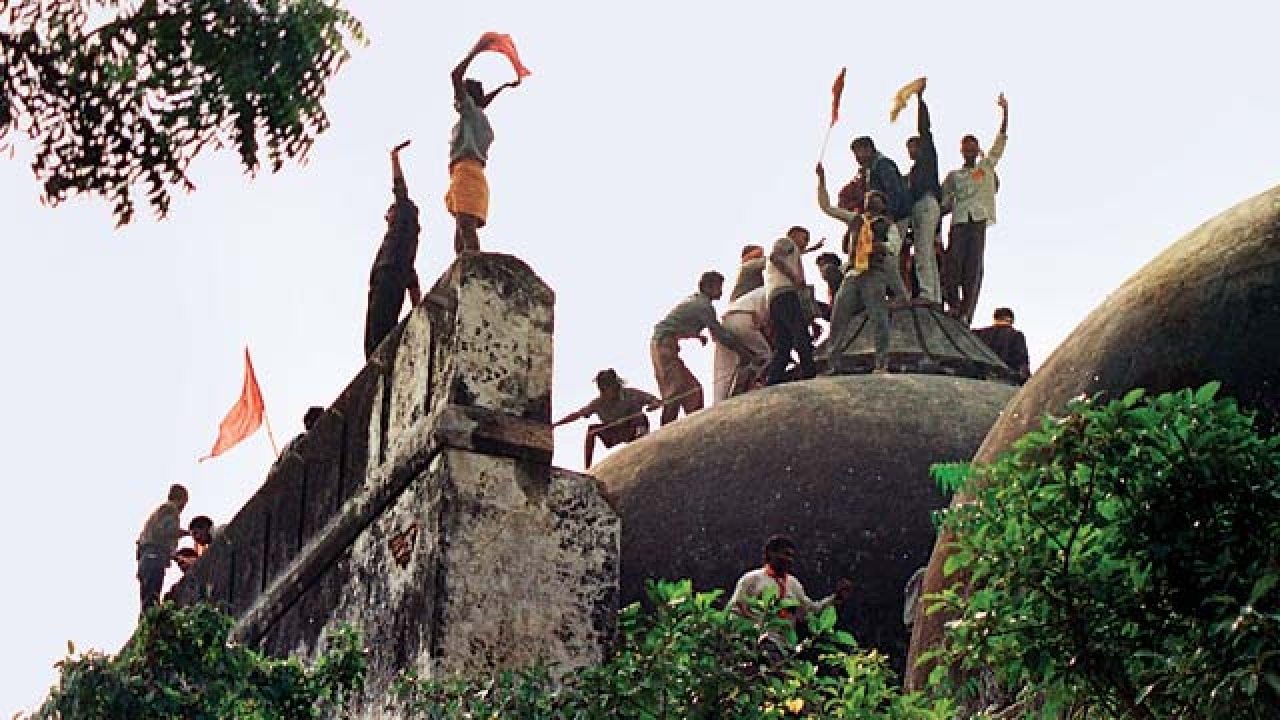
Chief Justice of India JS Khehar’s suggestion that he is willing to sit as principal negotiator with the mediators appointed by the Hindu and Muslim plaintiffs in the vexed Babri Masjid-Ramjanmabhoomi dispute is workable only if all three plaintiffs in the civil dispute agree to make compromises on their respective claims. While some Hindu groups and BJP leaders have welcomed the Supreme Court’s offer, the Sunni Muslim Wakf Board and the All India Muslim Personal Law Board’s consent will be crucial and this is unlikely. In this scenario, it is better that the Supreme Court offers a judicial solution based on prevalent laws, historical facts, land records and archaeological findings and resolved the claims of the plaintiffs once and for all. This is vital considering that the judgment of the Lucknow bench of the Allahabad High Court partitioning the disputed land into three portions between the three sets of plaintiffs was rejected by all the groups. The other fundamental question is why the Supreme Court, empowered by the Constitution in all civil, criminal and constitutional matters, is taking recourse to a negotiated settlement when all parties are liable to follow the judgment delivered by it.
Before the demolition of the Babri Masjid, and in recent years, attempts for a negotiated settlement were discussed by former Prime Ministers of India including VP Singh, Chandrashekhar and PV Narasimha Rao. Two of the plaintiffs, too, have broached the possibility of a settlement but there has been no agreement. Admittedly, the issue is complicated by political interests and religious sentiments. But the Supreme Court must not be influenced by these extraneous considerations and must decide the matter purely on merit. This is where the Allahabad High Court judgment failed to satisfy anyone, despite the balancing act that it sought to achieve. Former chief justice RM Lodha had rightly observed: “The High Court’s judgment is something strange. A new dimension has been given by the High Court as the decree of partition was not sought by the parties. It was not prayed for by anyone. It has to be stayed. It’s a strange order. How can a decree for partition be passed when none of the parties had prayed for it?” Similarly, Justice Khehar’s offer of a negotiated settlement is not something prayed for by the plaintiffs.
The demolition of the Babri Masjid in 1992 was an epochal moment in India’s history when those agitating for a temple dedicated to Lord Ram brought down the mosque built by Mughal emperor Babar because they believed it was erected at the place were Lord Ram was born. Along with the mosque, the possibility of solving one of India’s most troubling religious and political disputes was also lost. Recently, the Supreme Court questioned the discharge of LK Advani and other BJP leaders who were present at the complex when the mosque was razed. The criminality of the demolition still remains to be proved. This is another aspect that has evaded judicial closure. If a reconciliation is possible, there is no better solution than that. But it is the Government of India and the political leadership of the country, from all parties, which should mediate between the plaintiffs, not the judiciary. The Supreme Court must focus on quickly delivering a judgment.